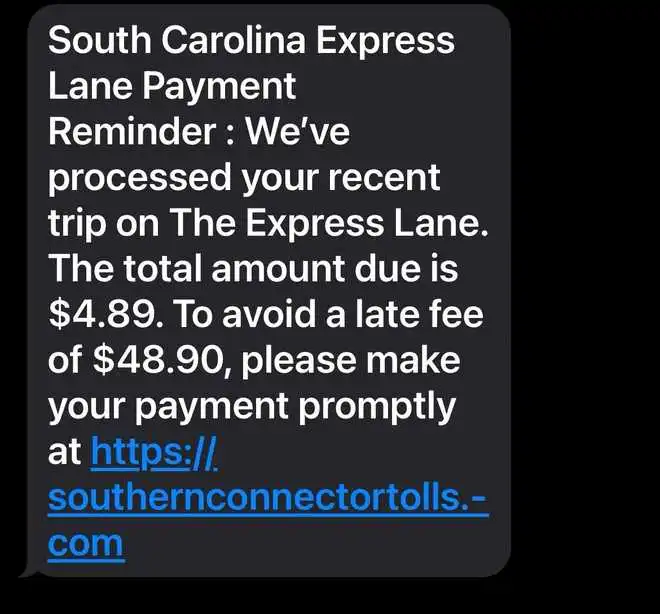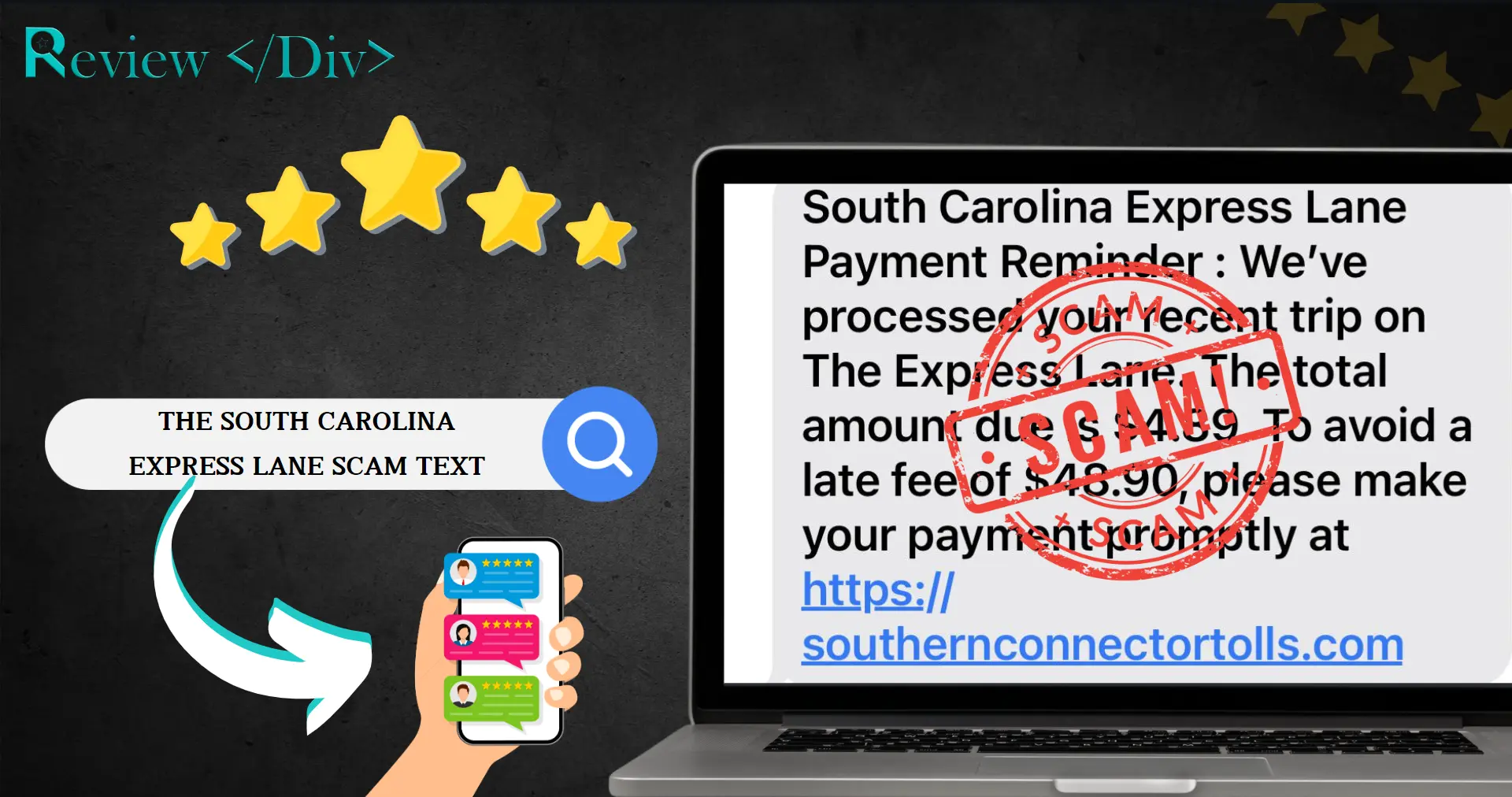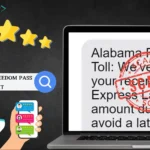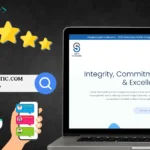Recently, scammers have increasingly targeted South Carolina residents with fake text messages about unpaid Express Lane tolls. These messages create urgency, pressuring people to pay immediately to avoid late fees. However, falling for this scam can cause serious financial and personal harm.
Here, we will Expose the South Carolina Express Lane Scam Text in detail, providing complete information about it and offering tips on what to do if you receive such text scams.
The South Carolina Express Lane Scam Text Overview
The South Carolina Express Lane scam text is a phishing attack where scammers pretend to be the South Carolina Express Lane toll authority.
They send text messages claiming that you have an unpaid toll and must pay right away to avoid extra fees or legal trouble.
These texts include a link to a fake website that looks like the official Southern Connector toll site. This fake site is convincing enough to trick many people into entering their credit card details.
However, instead of paying a real toll fee, victims unconsciously give their sensitive financial information to criminals.
How The South Carolina Express Lane Text Scam Work?
Scammers use a simple but effective method in the South Carolina Express Lane scam text. They send out text messages to thousands of random phone numbers claiming that the recipient owes money for an unpaid toll.
To make the message look real, they include the South Carolina Express Lane logo or other convincing details. The text warns that failing to pay immediately will lead to late fees or legal action, which creates a sense of urgency. This pressure causes many people to act quickly without thinking.

The message includes a link to a website that closely resembles the official toll authority’s site, which makes it hard to spot the scam. When the recipient enters their credit card information on this fake site, the scammers steal it.
They can then use the stolen details to make unauthorized purchases, withdraw money, or even sell the information on the dark web. In some cases, the link may also contain malware that infects the recipient’s device, which puts their personal data at even more risk.
What to Do If You Fall for The South Carolina Express Lane Scam Text?
If you receive these suspicious texts, follow these steps to stay away from these types of scams.
1. Change Your Passwords
If you entered any passwords or sensitive information, change them immediately. Be sure to use different passwords across different sites to keep your accounts secure.
2. Contact Your Credit Card Company
Report the fake charges immediately. Your credit card company can cancel your card and issue a new one with a different number to stop further unauthorized transactions.
3. Watch Your Bank Statements
Regularly check your financial accounts for any unusual activity. You also want to set up a fraud alert or freeze your credit with the major credit units to protect yourself.
4. Scan Your Device for Malware
If you click on the link, your device has malware. Run a thorough scan using trusted security software to detect and remove harmful software.
5. Report the Scam to the Authorities
File a complaint with the Federal Trade Commission (FTC) at ReportFraud.ftc.gov. Reporting helps authorities track and fight these scams, which can help prevent others from becoming victims.
How To Avoid Scams Like The South Carolina Express Lane Scam Text?
To avoid scams like the South Carolina Express Lane scam text, stay aware and careful. Here are some practical tips to protect yourself.
- Be Wary of Unsolicited Messages: Whether you receive a text, email, or phone call, be careful of messages that arrive suddenly, especially those asking for personal or financial details. If something seems suspicious, contact the organization directly using a phone number or website you know is trustworthy.
- Avoid Clicking on Links or Downloading Attachments: Scammers include harmful links or attachments in their messages. These can lead to malicious websites or install malware on your device. Always double-check the sender and the message before clicking anything.
- Verify the Source: If you get a message about an unpaid toll or other urgent issue, contact the relevant authority directly. Use the contact information you find on your own not the details provided in the message.
- Use Security Software: Protect your devices with up-to-date security software. This can help detect and block harmful links, emails, and downloads.

Erika is a Computer Science student with a passion for reading and digital exploration. She loves to read personal growth books and spends her free time navigating various websites, improving her technological skills and understanding of web platforms. Erika is particularly interested in cybersecurity and stays updated on news related to scams and fraud. Her curiosity and dedication push her to pursue a career where she can innovate and improve digital safety and user experiences.







